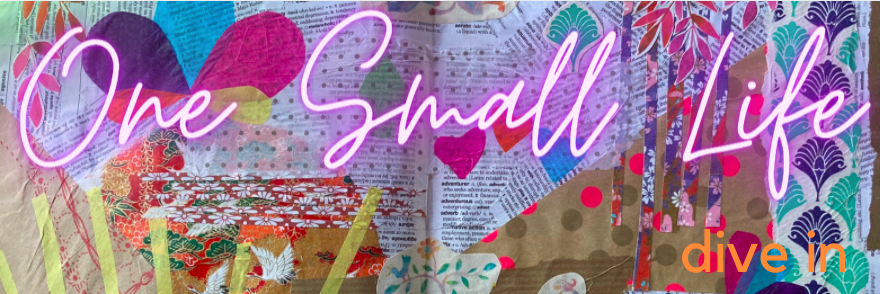For not the first time in my exploration of Buddhist philosophy I was presented with the phrase "This does not mean being a doormat".
I'm not really sure what this means.
Buddhism calls for compassion and gratitude above all else. This seems a worthy goal.
But sometimes in practice it can lead to a feeling of self deprecation.
Can we cultivate compassion for a person or situation in which we are being treated badly? Is that even appropriate?
Sometimes don't you need some fire, a bit of temper to ensure you are treated well?
Gloria Steinem once said "Gratitude does not breed revolution."
She was responding to a comment about todays young women lacking gratitude for the fight of their forebears.
But it resonated with me in a different context. And it stuck like a thorn in my side, a constant niggle each time I attempted to create gratitude in a situation that perhaps rather called for a little revolution.
Buddhists define love as seeking happiness for the other.
Which is beautiful. And also scary.
Because it calls for you cease searching for your own happiness and rather work towards the happiness of others.
It also suggests that you entrust others to serve your happiness.
And what if they don't? What if you work towards creating happiness for another but they don't make that same commitment to you? Are you not then being a bit of a doormat?
The Dalai Lama doesn't seem like a doormat. Not exactly a pushover.
He has maintained his cause and that of his people with vigilance and perseverance for over fifty years.
Resilience. Patience. Compassion. And gratitude.
He has often said he is grateful to the Chinese - for teaching him patience. That's a pretty interesting perspective on Tibet/China relations.
Perhaps it comes down to relinquishing control. Taking responsibility for our own behaviour while letting others be responsible for theirs.
This does not mean accepting injustice. But it may mean developing increased resilience.
This does not mean tolerating acrimony. But it may mean reacting with greater patience.
This may mean cultivating compassion and gratitude in adversity.
But this does not mean being a doormat.
Do you value gratitude? And how do you cultivate it in adverse situations?
Image Licensed Under Creative Commons


I'm in a situation at the moment Kate, where I am trying to be compassionate to a person who is treating myself, and others in the most apalling way. I am guilty of behaving like a doormat so I find this challenging, especially when this person has the power to take away my income. I still haven't found the solution. Superficially, I love those red boots.
ReplyDeleteYour comment made me smile Michelle - to think you can still appreciate a good red boot, even while you are going through something that sounds so difficult and challenging. I hope you can find some gratitude and compassion - while also not being too much of a pushover. It ain't easy! x
DeleteHi Kate..I love this. Could I share this as a guest post on my blog? It's beautiful. x
ReplyDeleteThank-you Katie. I'd love that. x
Delete